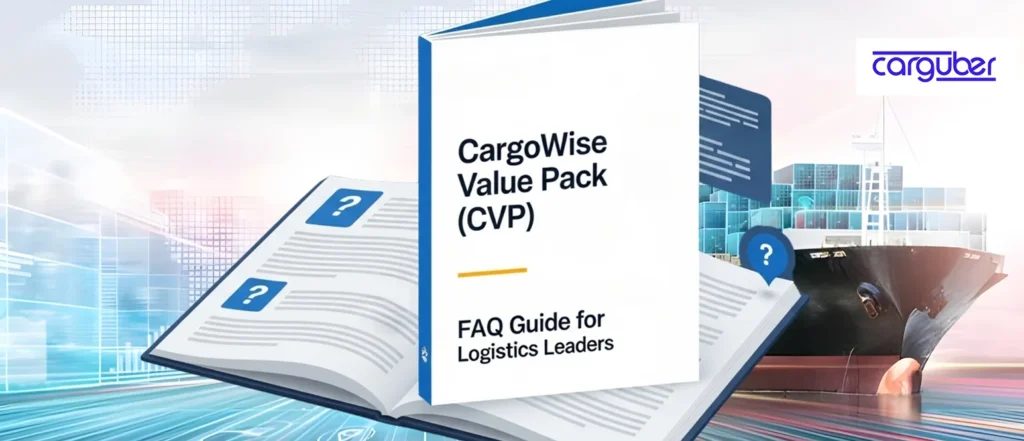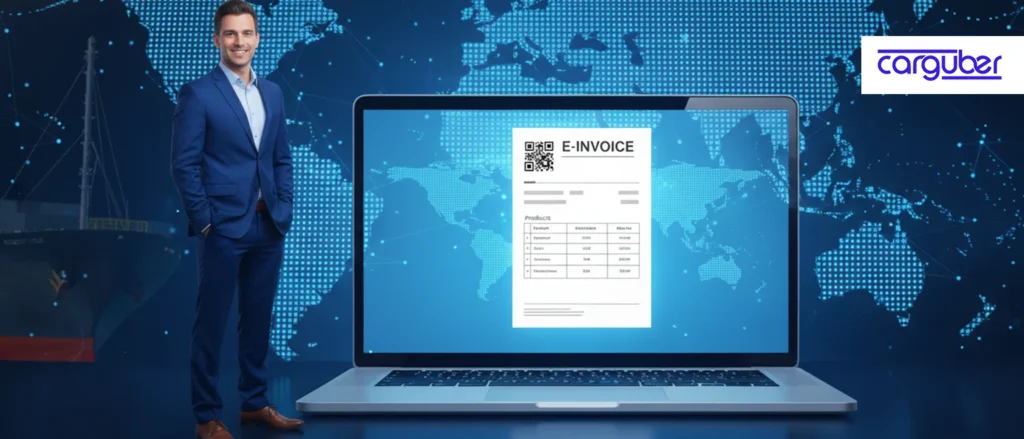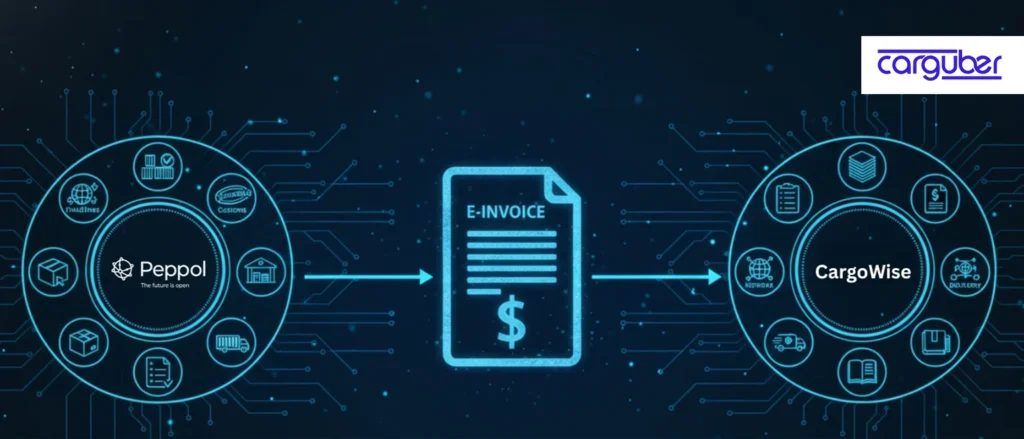CargoWise Value Pack (CVP): A Fully Informative FAQ Guide for Logistics Leaders
The CargoWise Value Pack (CVP) marks a significant shift in the way logistics technology is priced, delivered, and scaled. It shifts CargoWise’s focus away from traditional software licensing and toward a transaction-aligned, automation-ready operating model, one designed to support modern freight forwarding, customs, warehousing, and transportation operations. This FAQ-style guide explains how the CargoWise Value […]



